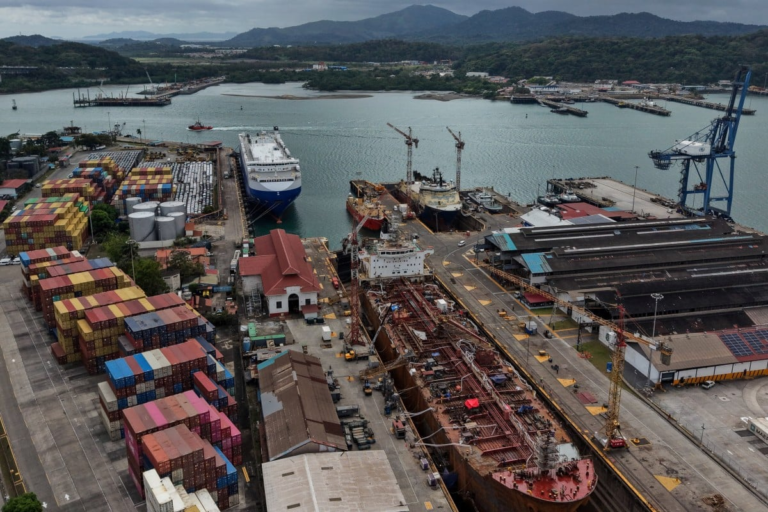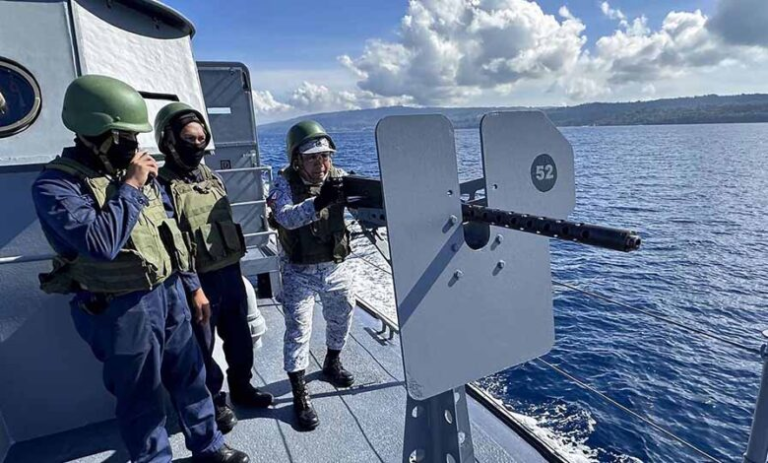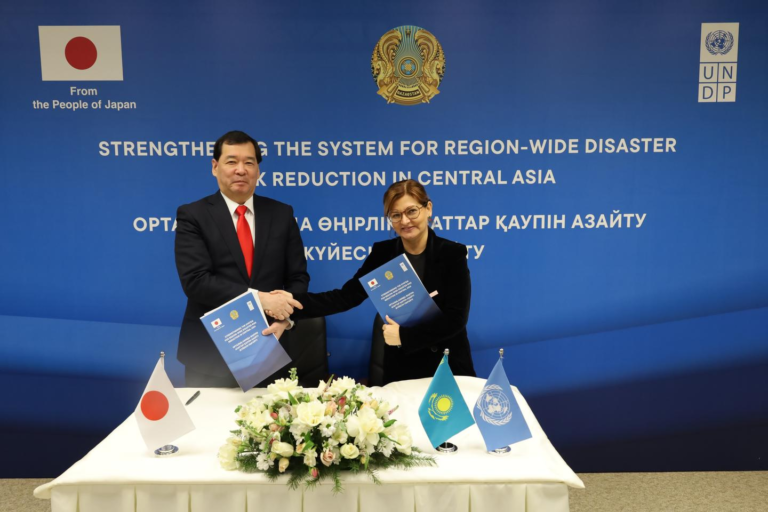
Exercise Balikatan 2025 in the Philippines will include a new anti-ship missile capability, cutting-edge drones, special operations forces training, and the debut of a rotational United States Marine Corps unit designed to be more agile, efficient and technologically advanced.
The Philippine and U.S. militaries will host the annual exercise April 21-May 9 with troops from Australia and Japan participating and more than a dozen countries observing, the Navy Times website reported. It will be the 40th iteration of the joint training.
“The exercise covers a range of scenarios, from conventional warfare to humanitarian assistance and disaster relief, ensuring that both nations are prepared for various contingencies,” U.S. Marine Corps spokesperson 2nd Lt. Ben Gillman told the Navy Times. “The full battle test is a culmination of past bilateral planning and training that will showcase the modernization efforts of the Philippines and our ability to operate as a team to advance our shared interests.”
U.S. Marines will deploy the Navy-Marine Expeditionary Ship Interdiction System (NMESIS) to Balikatan. The ground-based launcher mounts Naval Strike Missiles on uncrewed light tactical vehicles. Described as a “ship killer” designed for sea denial and control, NMESIS has a range of 100 nautical miles.
The 3rd Marine Littoral Regiment (MLR) received the system in November 2024 and is expected to field the capability at Balikatan. NMESIS supports the regiment’s “essential task to attack enemy maritime targets” and enhances integration with joint forces and allies, Col. John Lehane, the 3rd MLR commanding officer, said in a news release.
U.S. Marines also will introduce Littoral Rotational Force-Luzon during Balikatan, U.S. Naval Institute (USNI) News reported. The 3rd MLR’s forward-deployed unit is part of the Marine Corps’ Force Design 2030 strategy to develop concepts and tactics in the Indo-Pacific. The regiment will participate in coastal defense, maritime domain awareness and air defense training during Balikatan, according to USNI.
The 3rd MLR will continue enhancing tactics, techniques and procedures for expeditionary advanced base and stand-in force operations “as a lightweight, low-signature, maneuverable formation spread across the Luzon area of operations,” U.S. Marine Corps spokesperson 1st Lt. Anne Pentaleri told USNI.





